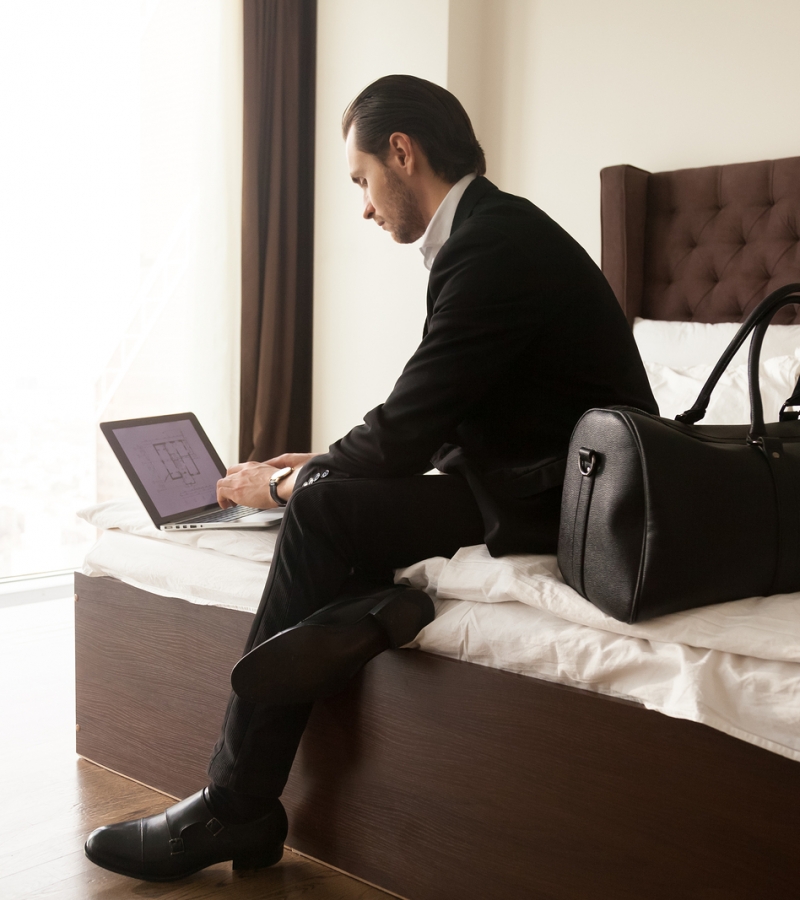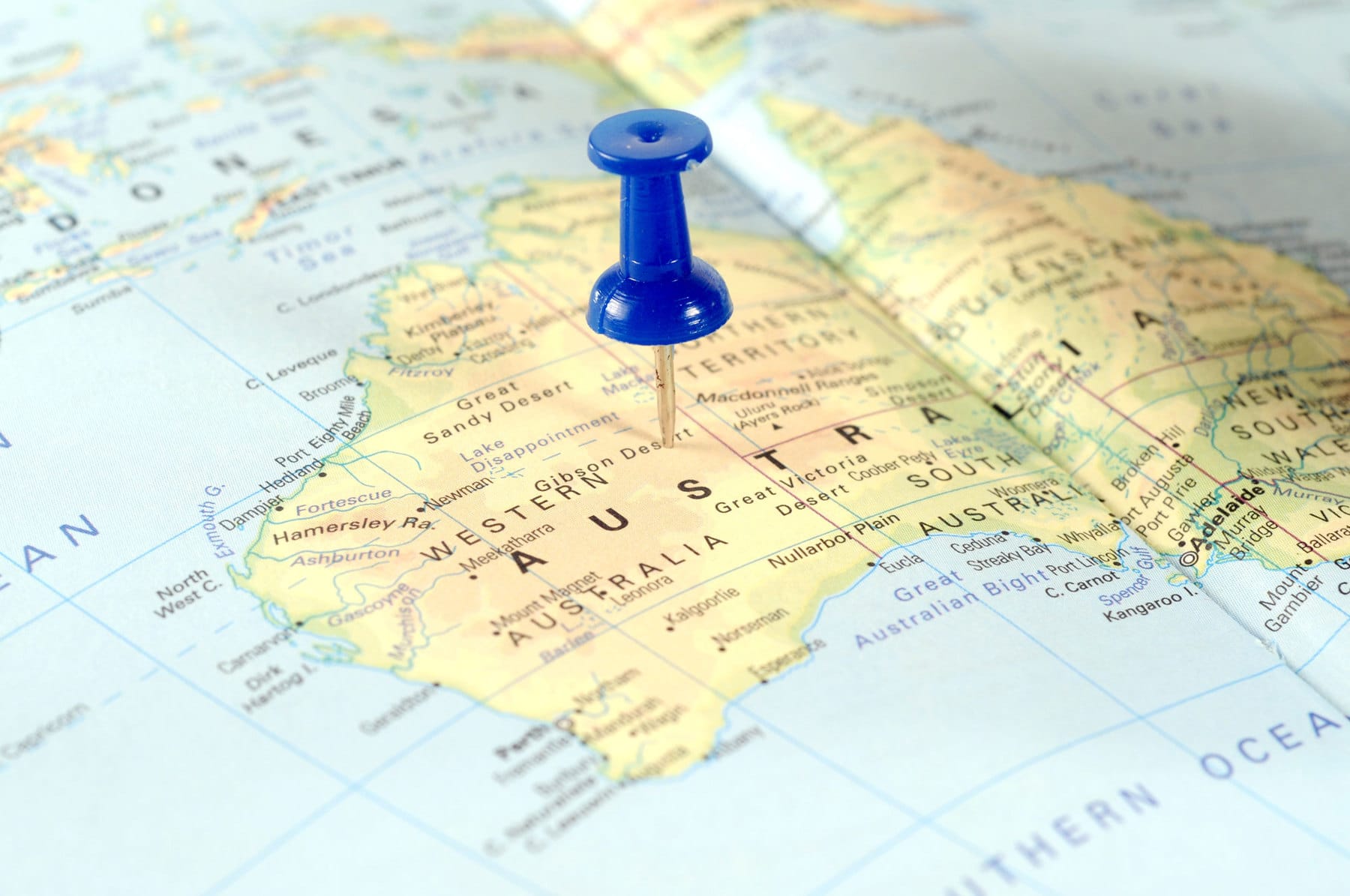Table of Content
Cloud accounting frees you and your business away from a physical location. Simplify specializes in taking the pain out of accounting for oilfield contractors and tradespersons. We offer customized premium accounting plans at fixed prices using the latest technology. Bob should maintain a travel log for any out-of-town jobs and travelling.

So whether you’re renting an apartment near your new job or staying with family and friends, you can rest assured knowing that your expenses are covered. The allowance can also be reviewed annually to ensure its reasonableness relative to current market conditions. The Living Away From Home Allowance, or LAFHA, is a government-provided allowance that helps employees cover the additional costs of living away from home.
How is the LAFHA paid?
The employee must be formally assessed as complying with LAFHA legislation, precedents, and rulings. In this article, we will look at the tax implications of living away from home allowance . If your per diem is included in your wages, you can enter that amount and deduct it. If it is not reported as wages to you, you cannot deduct the cost. If you don’t like bookkeeping or don’t have the time or knowledge to do it well, a bookkeeper could be a valuable resource and a great investment for your business. ABC would invoice COL for services provided and include an LOA rate as a separate line item as part of their fees.
After that period, your employer will have to pay FBT on any benefits they provide to you. A fringe benefit may arise if you pay an employee a living-away-from-home allowance to cover additional expenses for living away from their normal residence. Additionally, there is an exempt food component that allows for a deduction of certain expenses related to eating away from home. And lastly, there is also an exempt accommodation component that allows for a deduction of expenses related to housing in the alternate location. Employees who received a living-away-from-home allowance or benefit for accommodation and food or drink from 1 October 2012, including temporary or foreign residents who live away from where they usually reside when in Australia. From 1 October 2012, the exemptions are only available for the 1st 12 months of a LAFH arrangement.
Get QuickBooks
This condition is deferred for Australian permanent resident employees until 30 June 2014 for arrangements which were in place on 8 May 2012 and which haven’t materially altered. A place of residence is where a person resides or has sleeping accommodation. Use our product selector to find the best accounting software for you. However, if they provide you with documentary evidence of the expense, they do not need to keep the documents. A declaration is one of the two conditions needed to be eligible for LAFHA.

And the stipulation that the residence must be “available for use” means a taxpayer cannot rent out the premises, for example, while they are away from it and still claim the allowance. With LAFHA, the employee intends to return home after work at the temporary location is completed. When the employee is temporarily relocating for work, their family may also relocate with them or visit them.
For a payment to an employee to be considered a LAFHA, there are three conditions that must be met:
From 1 October 2012, to access the exemptions, the employee is required to maintain a residence in Australia. Food costs which are deemed reasonable are stipulated by way of a Tax Determination produced by the Tax Office on an annual basis. Statutory food costs are $42 per week for adults and $21 per week for children . There are two types of allowances that small business owners can offer their employees. Depending on what your per diem covers, there may be additional out-of-pocket costs that you can deduct.
Find out more about Single Touch Payroll, how it benefits you and how to get started. Working as an accountant or a tax consultant is often deemed as boring. Expert set up and support, we'll take the time and hassle out of managing your books. Book with your local office - With over 400+ offices nationwide, book an appointment to see one of our tax professional in-office today. If you feel that our information does not fully cover your circumstances, or you are unsure how it applies to you, contact us or seek professional advice. We are committed to providing you with accurate, consistent and clear information to help you understand your rights and entitlements and meet your obligations.
Tax Offsets
It is an allowance you pay your employee in respect of the employment of that employee. You can receive LAFHA or a benefit for family members who also live away with you, including your spouse and your children. Prepare for a quick and efficient tax return experience with our checklist. The amount you receive may also be reduced if you have received benefits like rent-free housing from your employer.

The effect of these limits is that expenditure within these allowances avoids a taxable fringe benefit arising or of taxable income in the hands of the employee. Non-deductible additional expenses your employee might be expected to incur and other disadvantages suffered, because the duties of your employee’s job require them to live away from their normal residence. The Australian Bureau of Statistics estimates the additional cost of living away from home by location.
In this instance, the employee must lease temporary housing similar to their usual residence – and provide proof of this – to receive LAFHA as compensation. If you're a member of the National Guard or military reserve, you may be able to claim a deduction for unreimbursed travel expenses paid in connection with the performance of services as a reservist that reduces your adjusted gross income. This travel must be overnight and more than 100 miles from your home. This deduction is limited to the regular federal per diem rate and the standard mileage rate plus any parking fees, ferry fees, and tolls. Claim these expenses on Form 2106, Employee Business Expenses and report them on Form 1040 or Form 1040-SR as an adjustment to income.

LAFHA's are often confused with travel allowances.Travel allowances are paid to employees who are travelling on business but not living away from home. LAFHA is paid to employees to compensate for additional living expenses due to living away from home for an extended period for work. A LAFHA fringe benefit may arise when certain conditions are met and therefore need to be reported in your annual fringe benefits tax return. LAFHA is a fringe benefit that an employer provides to an employee to cover any disadvantages suffered or additional expenses incurred as a result of them being required to temporarily live away from their usual residence to perform their work duties. Ronaldo can claim a deduction in his tax return for the amount he spends on accommodation and meals and incidental expenses when he travels overnight for work.
Jane spends her travel allowance on accommodation, meals and incidental expenses when in Sydney for work. If you are not required to and don't declare your accommodation allowance as income, you can't deduct your accommodation, meal and incidental expenses – even if they are more than your allowance. LAFHA's are payable in situations where you would have continued to live in your usual home if not for the requirement to change residence in order to work temporarily in another location at your employers request.

The taxable value of the LAFHA fringe benefit can be reduced by amounts allowed for consumables such as food and drink and also for accommodation expenses. The accommodation expenses must be substantiated, but “reasonable amounts” allowed for the food and drink components are issued as a ruling from the Tax Office. These amounts may be deemed exempt from being considered part of the fringe benefit. Substantiation is required for food and drink expenses over these limits. A LAFHA paid to you is income tax-free and should not be included as assessable income in your tax return. Conversely, you cannot claim a deduction for expenses which have been covered by a LAFHA.
Accommodation allowances and expenses when travelling away from home for work
Employees required to temporarily live away from home can be entitled to a living away from home allowance. The amounts claimed need to be reasonable for your circumstances. Lodging/incidental expenses can be claimed if you work at a remote location or special work site . You need receipts to back up these amounts unless you use CRA’s simplified method, which allows you to claim $23/meal for every 4 hours away from the office (up to $69/day).

Generally speaking, the LAFHA allowance compensates employees for additional food costs incurred while living away from home. However, this amount is not limited by regulation or logic; it can only be used after a deduction of the corresponding exempt ingredients . In other words, the allowable amounts are set by the Australian Bureau of Statistics.
No comments:
Post a Comment